 I will heal their defection, says the Lord, I will love them freely; for my wrath is turned away from Israel. I shall be like the dew for Israel: he shall blossom like the lily; he shall strike root like the Lebanon cedar, and put forth his shoots. His splendor shall be like the olive tree and his fragrance like the Lebanon cedar. Hosea 14: 5-7
I will heal their defection, says the Lord, I will love them freely; for my wrath is turned away from Israel. I shall be like the dew for Israel: he shall blossom like the lily; he shall strike root like the Lebanon cedar, and put forth his shoots. His splendor shall be like the olive tree and his fragrance like the Lebanon cedar. Hosea 14: 5-7
It happens every spring. Just as I’m walking around the neighborhood gleefully absorbing the exquisite sights and smells of sweet Louisiana blooms, I get a whiff of something putrid.
Then I remember.
Dung is used as fertilizer in many local gardens, and my garden always does best when I buy the soil advertised as laden with cow manure.
I don’t know about you, but some days I feel plain 'ole crappy about my life. I agonize about mistakes made, opportunities missed, and relationships mired in misunderstanding. I spew apologies, wish for do-overs and rake myself over the coals.
The mercy is, when I finally settle down enough to ground myself in God’s presence, I don’t get mud thrown in my face. Instead, I hear the Lord’s gentle voice whispering: I will heal your defections…I will love you freely…you shall blossom like the lily.
We can be master builders of our own whipping posts, ready and willing to bind ourselves inexorably to every last lash. We can view our failures to love in endless 3-D projections, seeing only the terrible tearings that teased out death. We can rend ourselves asunder with regret, obsessing over our belief that we were supposed to get things right.
We can even call this humility, when the sad fact is that all of this rumbled reasoning reeks of an unholy focus on self, not of holy faith in God.
Because faith in God means that we see our defects—redeemed by God’s grace—as glorified gashes in our humanity capable of spawning new life. Faith in God means we trust that when our personal capabilities crash, God’s competence rises up to save us. Faith in God means that we adjust the lens of our reality to magnify God’s magnanimous mercy instead of our many measly mistakes.
What faith basically means is just that this shortfall that we all have in our love is made up by the surplus of Jesus Christ’s love, acting on our behalf. He simply tells us that God himself has poured out among us a superabundance of his love and has thus made good in advance all of our deficiency. Ultimately, faith means nothing other than admitting that we have this kind of shortfall; it means opening our hand and accepting a gift. Joseph Ratzinger (Pope Emeritus Benedict XVI), What It Means to Be A Christian
In other words, we can’t. God can. Will we let him?
Johann Wolfgang von Goethe once said: "The best fortune that can fall to a man is that which corrects his defects and makes up for his failings." I’d call that fortune grace. What sweet relief that our “dung,” infused with God’s grace, becomes fertile territory where fragrant trees grow and flowers bloom.

 Lord, I am not worthy that you should enter under my roof, but only say the word and my soul shall be healed. The Liturgy of the Eucharist
Lord, I am not worthy that you should enter under my roof, but only say the word and my soul shall be healed. The Liturgy of the Eucharist Mardi Gras week brings it all back.
Mardi Gras week brings it all back.
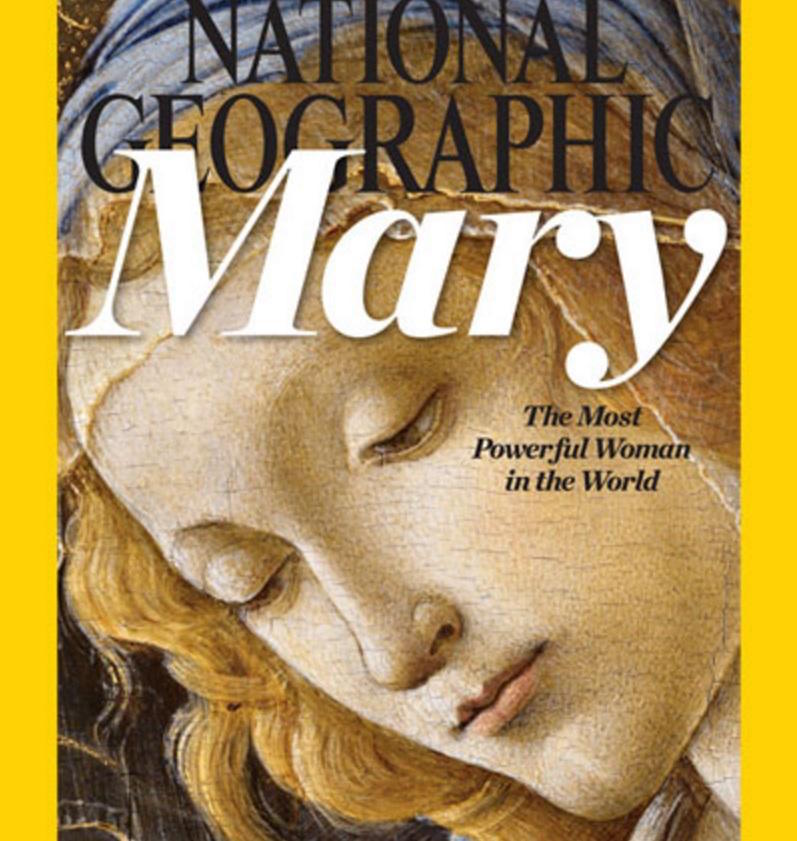
 Jesus immediately knew in his mind what they were thinking to themselves, so he said, “Why are you thinking such things in your hearts?” Mark 2:8
Jesus immediately knew in his mind what they were thinking to themselves, so he said, “Why are you thinking such things in your hearts?” Mark 2:8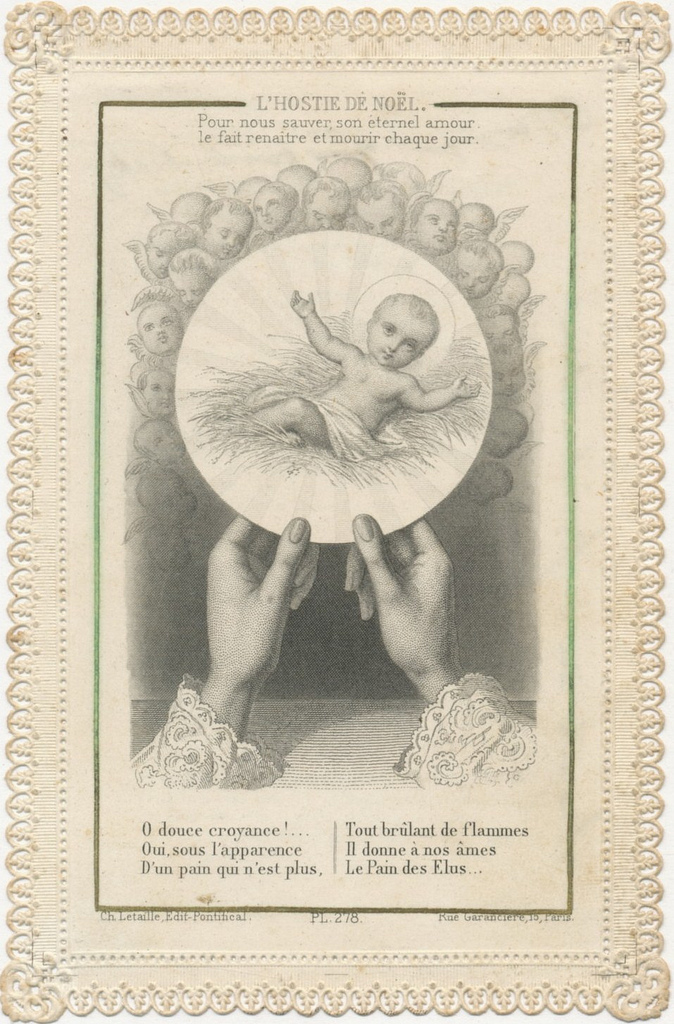
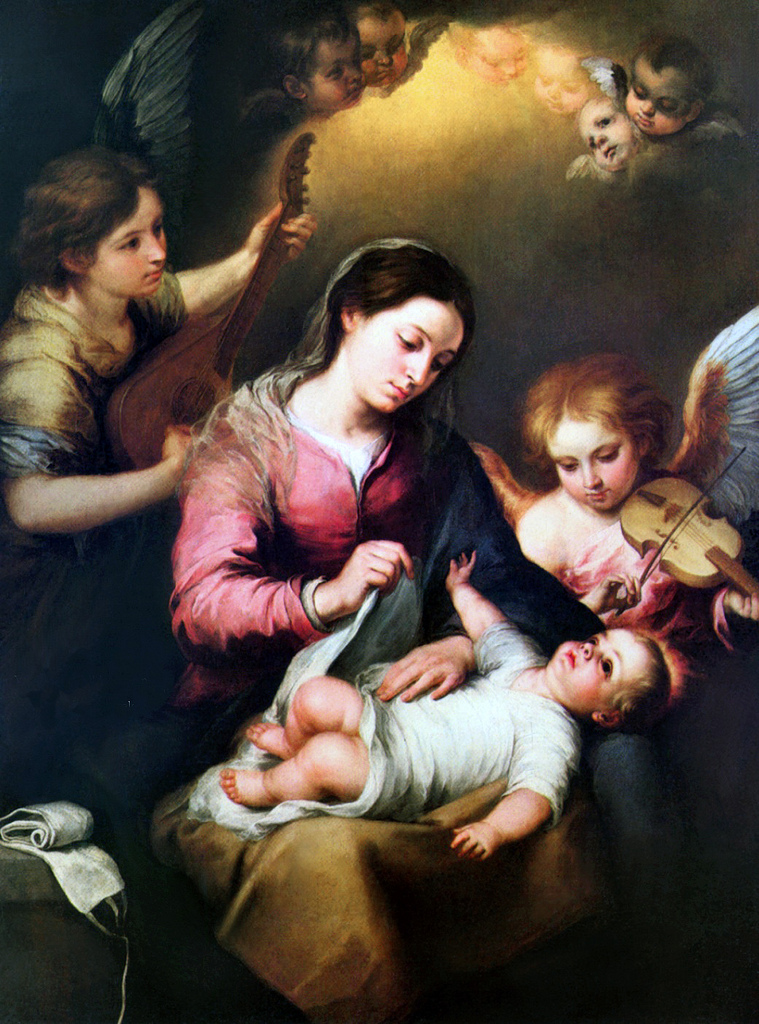 Tears flowed freely during the meeting with my spiritual director, Sandy, as I shared with her the pain I was feeling. “December is here,” I said. “I get such a wave of anxiety and grief at this time of year.”
Tears flowed freely during the meeting with my spiritual director, Sandy, as I shared with her the pain I was feeling. “December is here,” I said. “I get such a wave of anxiety and grief at this time of year.”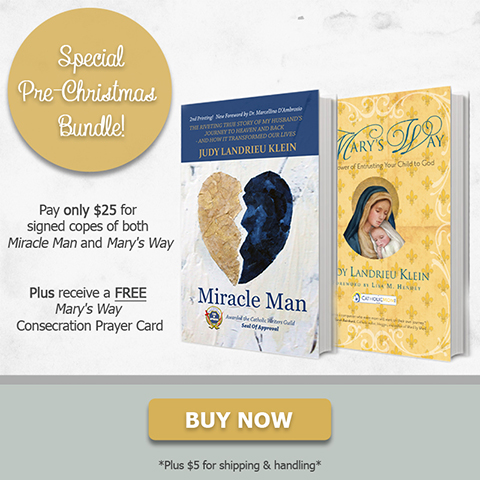
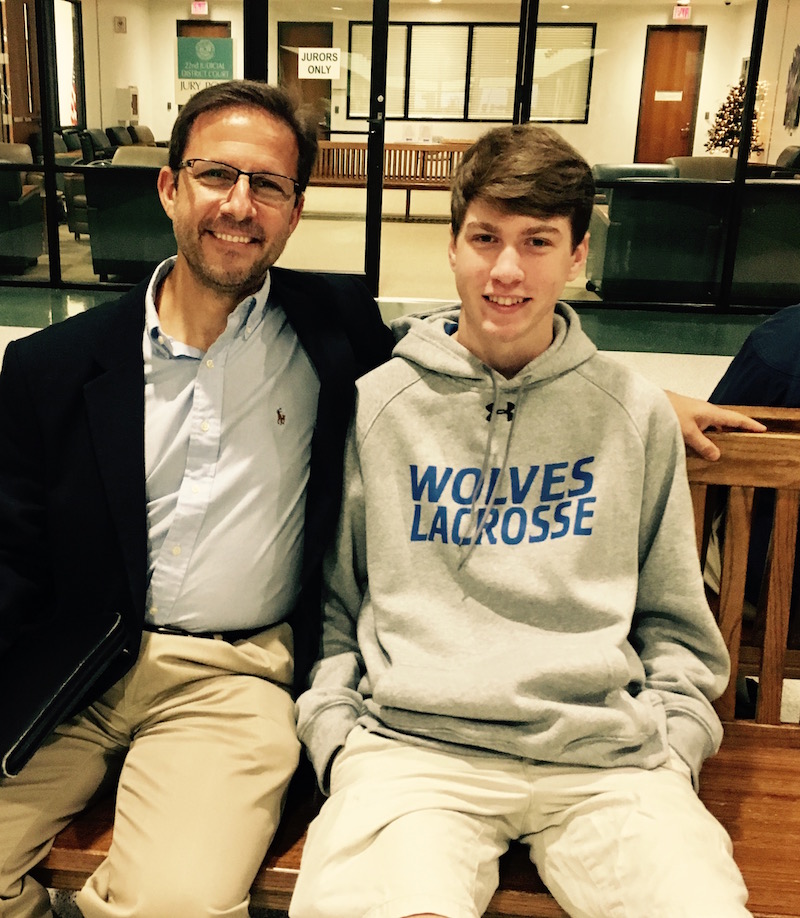
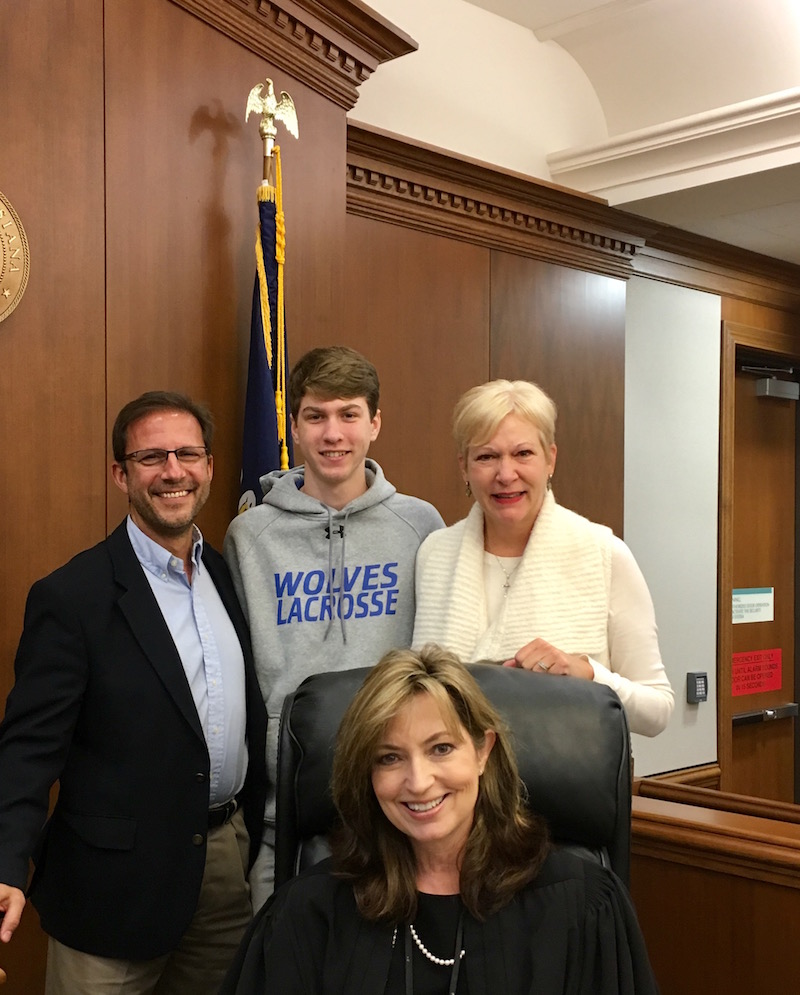
 Those who see only limits feel lost in a senseless universe. They live a despondent life-style. Those who see limits as possibilities to go beyond live a hopeful life-style…True freedom is found in people who maintain what the philosopher Paul Ricoeur calls ‘the passion for the possible.’ Susan Muto, Blessings That Make Us Be, 4-5
Those who see only limits feel lost in a senseless universe. They live a despondent life-style. Those who see limits as possibilities to go beyond live a hopeful life-style…True freedom is found in people who maintain what the philosopher Paul Ricoeur calls ‘the passion for the possible.’ Susan Muto, Blessings That Make Us Be, 4-5